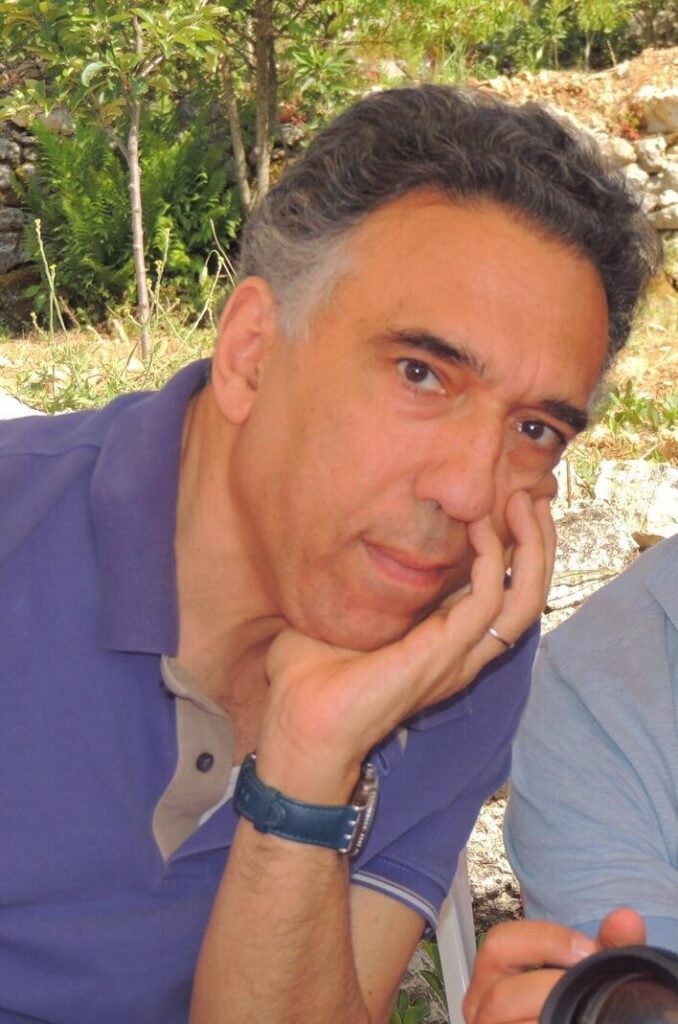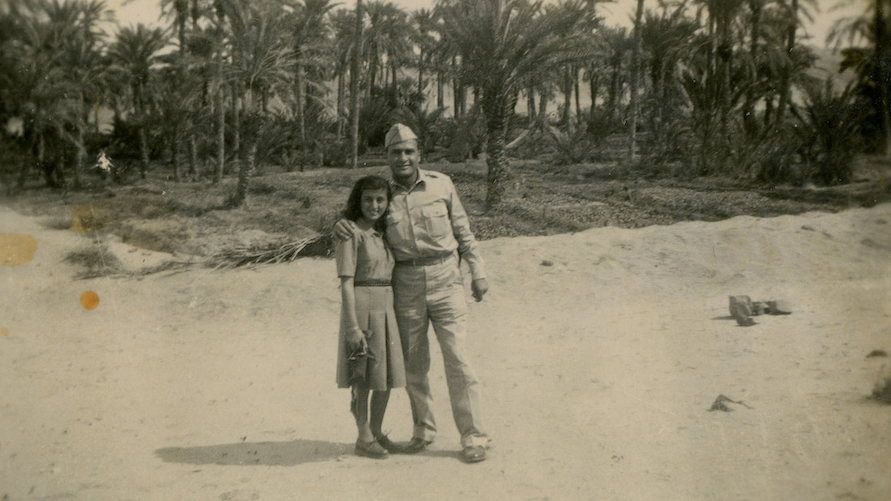Interview with Charif Majdalani, winner of 2017 Khayrallah Prize
Dr. Akram Khater spoke with Dr. Charif Majdalani, the winner of the 2017 Khayrallah Prize, about his work and career as a Lebanese author writing about the Lebanese diaspora.
Do you see yourself as a Lebanese, French, Franco-Lebanese or universal writer?
I naturally define myself as a Lebanese author writing in French. But obviously, like any other writer, my hope is that my work be considered as universal. Even if my books are often set in Lebanon or the Middle East, I’m dealing with issues that concern all mankind.
What made you become a writer?
I believe each writer is first of all a reader. We cannot write if we haven’t read in the first place. Ever since I started reading, from an early age, I knew I would end up writing myself. I actually never imagined myself having another job, or any other kind of future.
What other authors, books and genres have shaped you as a writer?
Novels, obviously, from Proust and Chateaubriand to Claude Simon and Garcia Marquez, to Conrad and Faulkner. But I have a great passion for ancient literature and epic literature in general, for Homer and Xenophon as well as Guimaraes Rosa or Cormac MacCarthy, and for poetry too, especially elegiac poetry like the works of Claudel, Saint-John Perse or Walt Whitman.
How have you evolved creatively from your first to your most recent published work?
Because I started publishing quite late, I cannot say that my first books weren’t as good as my last ones. Besides, if I decided to publish late it’s because I was very demanding of myself, having always thought I wouldn’t want something published I would later regret. However, my relation to the publishing world, recognition, and journalists has evolved. I have become more demanding of myself but more serene as well; I less expect hasty and over-indulgent praises.
How did you conduct research for your book Moving the Palace?
I did not actually do much research for the book itself. I think research harms the process of writing. The book is obviously grounded in documented history, but that was done much earlier, at a time when I found pleasure in researching my grand-father’s journey, and those of Lebanese emigrants in Sudan and Egypt. When I first started writing this book, I knew a lot already, used this knowledge in the narrative, and just had to verify. And of course, I had access to photos, I worked on maps and read Lawrence of Arabia again along with the book of Slatin Pacha.
You have lived the quintessential Lebanese diaspora experience studying and living in France for 13 years before going back to Lebanon. How does this transnational existence shape your approach to literature and your writing?
I am still in Lebanon, where I live with my family, and where I work. But the years I lived in France were very formative ones. I often say my books are Lebanese because of the topics I tackle, but French because of the form I use, in relation to language and style coming from the long years I studied in France. This is why I say that my books are true products of multiculturalism. My knowledge of French literature, and of world literature, is also a result of my stay in France.
You have taught French Literature at the Université Saint Joseph for 10 years. How does your teaching complement, complicate, or enrich the writing process?
I am still teaching at the Université Saint-Joseph in Beirut. I teach contemporary literature, poetry and contemporary novels in particular. My teaching thus follows on from my work as a writer, and is fueled by my writing. The same can happen the other way around; some lectures feed my reflection, particularly in classes on ancient tragedies and their relation to civic life and the notion of citizenship, classes that helped me understand how some structures of Lebanese society function. This has also allowed me to better see and perceive some of my books’ most important intentions.
If you could tell your younger writing self anything, what would it be?
As mentioned above, I never was a “young writer” since I started writing my first novel when I was 39, and got it published when I turned 45. I wrote many things before that of course, but I never submitted anything to a publisher as I thought it wasn’t good enough yet. But if I should advise a young writer, I would tell him, or her, to learn how to reduce a text, remove passages, and get rid of things, even if they personally matter. When we begin giving up on pages we care for because they harm the overall coherence of our work, this is when we become a true writer. The writer is not someone who fills pages, but who knows how to lighten them.
What does it mean to you to win the Khayrallah Art Prize?
When I learned that I had won the Khayrallah Prize, I was seized by wonderful emotions. For a Lebanese novelist writing in French and moving between the Middle East and Europe, to be honored in the United States is a singular sensation, exhilarating and almost unreal. At the same time, to obtain a prize from a research center concerned with Lebanese emigration is something familiar and very gratifying, because it seems a form of recognition that comes, indirectly and by the greatest of paradoxes, from Lebanon itself. Added to that is the fact, that conferred by an esteemed research center at the heart of a great university, this prize has a special resonance since the opinion of researchers and academics is precious and accords all literary work an often inestimable value that allows it to be seen in a fresh and new way.
- Categories:





